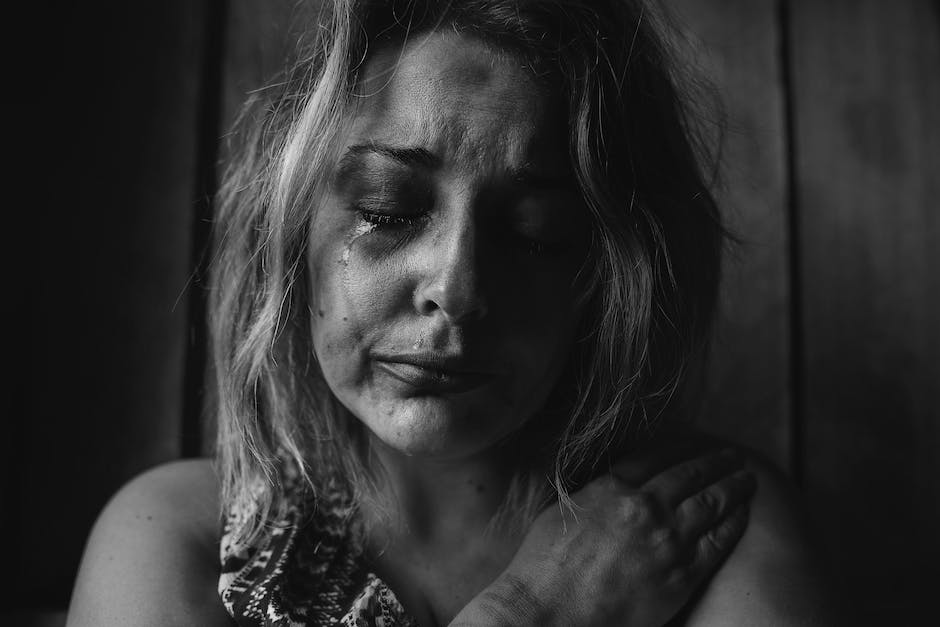Difference Between Depression And Clinical Depression
Depression vs. Clinical Depression
Depression is an emotion that everyone experiences, however, clinical depression is a more severe form with various effects, treatments and causes depending on the individual. While depression and clinical depression can be difficult life experiences to deal with, it is important to remember that neither are a sign of weakness and both can be managed.
What is Depression?
Depression is a low mood that can last for days, weeks and in some cases, months. It is a normal emotion to experience and is characterized by feelings of emptiness, sadness, and loss of interest in activities that used to bring happiness. People who experience depression can also feel irritable and anxious.
What is Clinical Depression?
Clinical depression, also known as major depressive disorder, is diagnosed by a medical professional and is a more severe form of depression. It can be long lasting and can lead to severe problems with one’s physical and mental health, social life, and work performance.
The symptoms of clinical depression are more intense than those associated with depression. They can include:
-
- Extreme sadness
-
- Persistent pessimism
-
- Persistent feeling of guilt
-
- Thoughts of suicide
-
- Weight loss or gain
-
- Short attention span
-
- Loss of energy
-
- Loss of interest in day-to-day activities
-
- Frequent crying
A diagnosis of clinical depression can come after extreme feelings of sadness and despair are experienced for an extended period of time and interfere with one’s ability to function. It can be caused by a combination of biological, psychological, and environmental factors and can also be brought on by a traumatic event.
The Difference Between Depression And Clinical Depression
When trying to distinguish between depression and clinical depression, it is important to note the duration of symptoms and the severity of the symptoms.
Depression typically presents itself in cycles, it can last for a few days and then the person may feel better and go back to feeling normal. Clinical depression, on the other hand, tends to last for much longer and can be more intense and difficult to manage.
It is also important to note that clinical depression has a greater impact on quality of life, including an inability to concentrate, low motivation and energy, difficulty with decision making, and interruption of daily activities. It is common for those struggling with clinical depression to feel so overwhelmed that they are unable to participate in activities they used to enjoy.
Treatment Options
While depression can be managed without medical treatment, it is important to seek help if depression becomes severe and long-lasting. Clinical depression is often treated with medication, psychotherapy, or a combination of the two.
Medication prescribed for clinical depression typically works to manage symptoms by adjusting the brain’s production of serotonin, the feeling of happiness and well-being. It is important to consult a doctor or healthcare provider before starting any medication to make sure it is the best option for you.
Psychotherapy is also used to treat clinical depression and works by helping the individual gain insight into the reasons for the symptoms and develop coping strategies and explore triggers. This can be done through one-on-one counseling, group therapy, and/or individual sessions with a mental health professional.
It is possible to manage depression without seeking treatment, though it can be beneficial to seek help from a medical professional if symptoms of depression persist or become more severe and long-lasting. Clinical depression, if left untreated, can lead to more serious health issues, difficulty with work and relationships, and exacerbated symptoms.
Conclusion
Depression and clinical depression can be difficult life experiences to deal with, however, it is important to remember that neither are a sign of weakness and both can be managed. Depression is a low mood that can last for days, weeks and in some cases, months, while clinical depression can be diagnosed by a medical professional and is often characterized by more intense symptoms, such as persistent pessimism, thoughts of suicide, and low energy.
It is possible to manage depression without seeking treatment, though it can be beneficial to seek help from a medical professional if symptoms of depression persist or become more severe and long-lasting. Treatment for clinical depression typically consists of medications, psychotherapy, or a combination of the two.
Remember that depression and clinical depression can be difficult to manage, but with the proper resources, understanding, and support, recovery is possible.
